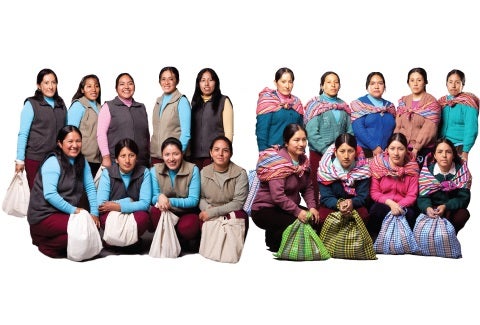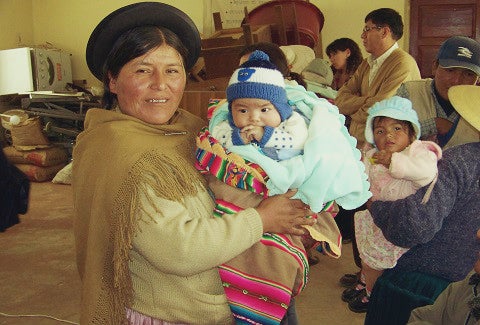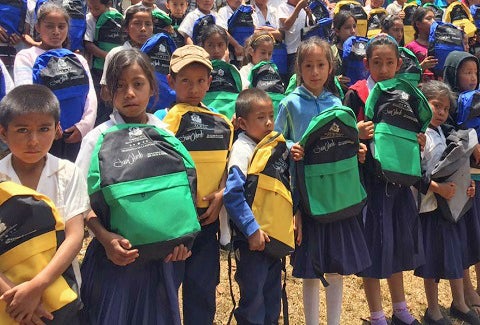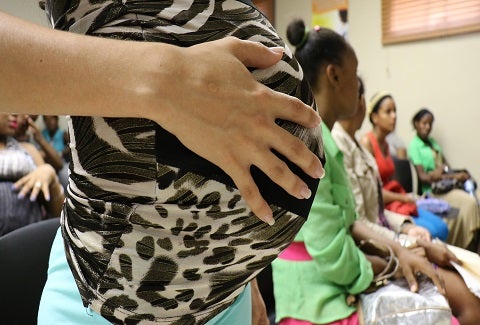Ten women prepare themselves: hair, makeup, clothes, and posture. They practice proper cadence for scripted answers to questions they will soon be asked. Each of them will say she arrived in Lima from an Andean town seeking a brighter future for her two children. Her partner is returning after being away for six months for work, and they do not want to have any more … [Read more...] about Indigenous and mestizo women: do they receive different treatment in family planning centers in Peru?
DEO 2014
Habitat program: closing gaps in Mexico’s formal neighborhoods
Imagine living in a neighborhood where some families have water and others don’t. Where half the streets are paved, and only some have sidewalks. Where street lighting exists only in certain areas, making it dangerous to return home at night or go out before dawn. Or where you have to walk very far to find a park, a football field, a health clinic, or a day-care … [Read more...] about Habitat program: closing gaps in Mexico’s formal neighborhoods
The Juana Azurduy Voucher Program: health services for mothers and their children
“I didn’t go to the health center because it took a long time, and on top of that they treated me badly,” recounted a Quechua woman in the town of Oruro, Bolivia. “We have our own customs for childbirth”. She is not alone in those views. According to a recent national survey, the main reason why women avoid prenatal care is distrust of health personnel (26 percent). … [Read more...] about The Juana Azurduy Voucher Program: health services for mothers and their children
Lessons from Honduras’ CTT program: conditionalities matter
A successful strategy to reduce poverty in developing nations has been the use of conditional cash transfer (CCT) programs. CCTs attempt to reduce poverty while also changing behavior and building human capital by providing families with cash in exchange for certain requirements, such as enrolling their children in school. These incentives have been employed … [Read more...] about Lessons from Honduras’ CTT program: conditionalities matter
Using job training to prevent teen pregnancy in the Dominican Republic
Greater self-esteem and opportunities can reduce the risk of teenage pregnancy. That is a lesson of a job training program advanced by the Youth and Employment Program in the Dominican Republic. The country has the highest rate of teenage pregnancy in Latin America and the Caribbean, with 104 births per 1,000 people between the ages of 15 and 19, almost equal to that of the … [Read more...] about Using job training to prevent teen pregnancy in the Dominican Republic





